With 232 pages and an expanded 12″ by 12″ format, our biggest print issue yet celebrates the people, places, music, and art of our hometown, including cover features on David Lynch, Nipsey Hussle, Syd, and Phoebe Bridgers’ Saddest Factory Records, plus Brian Wilson, Cuco, Ty Segall, Lord Huron, Remi Wolf, The Doors, the art of RISK, Taz, Estevan Oriol, Kii Arens, and Edward Colver, and so much more.




Photo by Michael Muller. Image design by Gene Bresler at Catch Light Digital. Cobver design by Jerome Curchod.
Phoebe Bridgers makeup: Jenna Nelson (using Smashbox Cosmetics)
Phoebe Bridgers hair: Lauren Palmer-Smith
MUNA hair/makeup: Caitlin Wronski
The Los Angeles Issue
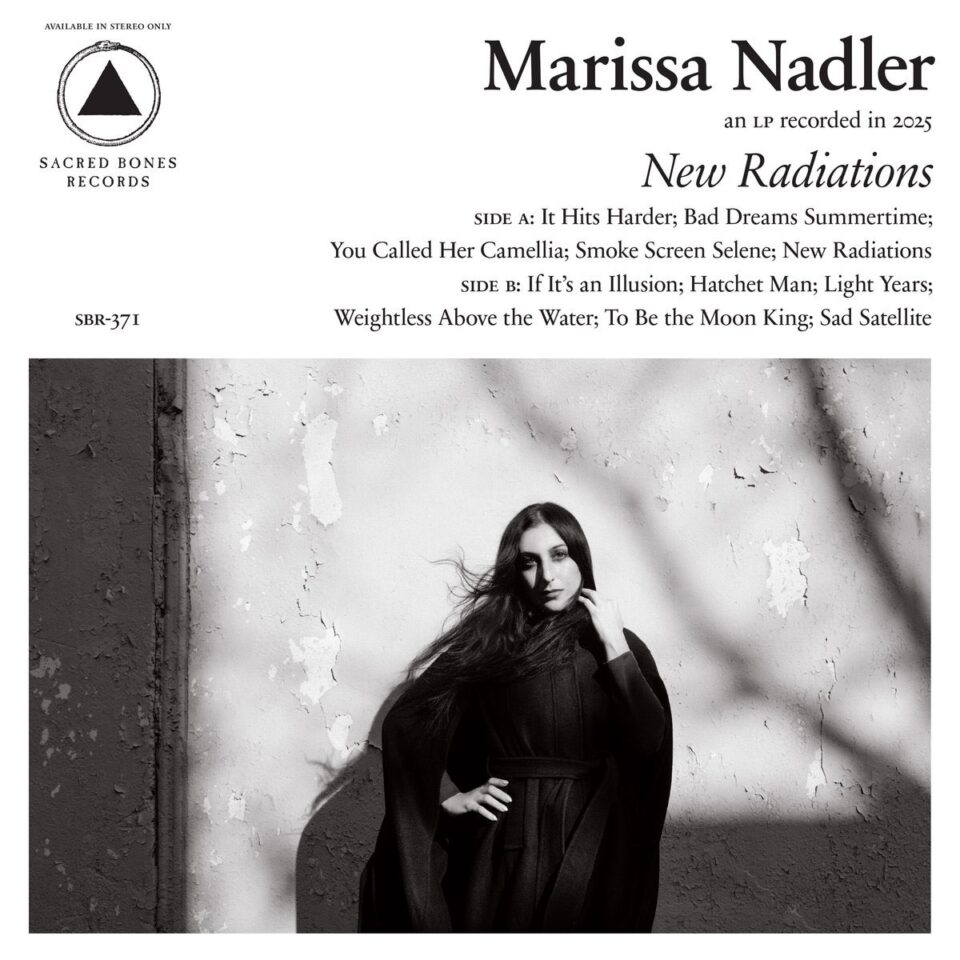
Marissa Nadler, New Radiations
The gothic songwriter’s latest collection of bad-dream vignettes feels like a return to the mold she was cast in as she wrestles with the current state of her country through obscured lyrics.
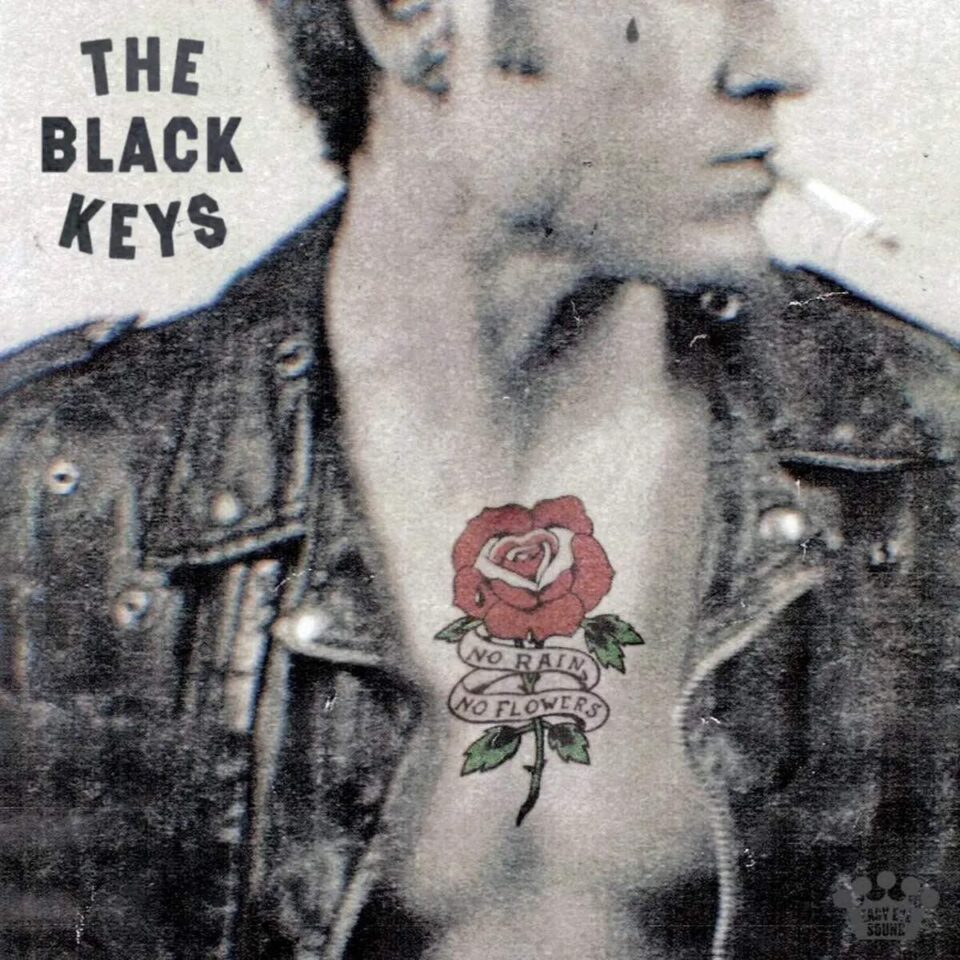
The Black Keys, No Rain, No Flowers
The blues-rock duo sifts through wreckage in search of meaning and growth on their 13th album only to come up with answers that are every bit as pat and saccharine as the title suggests.
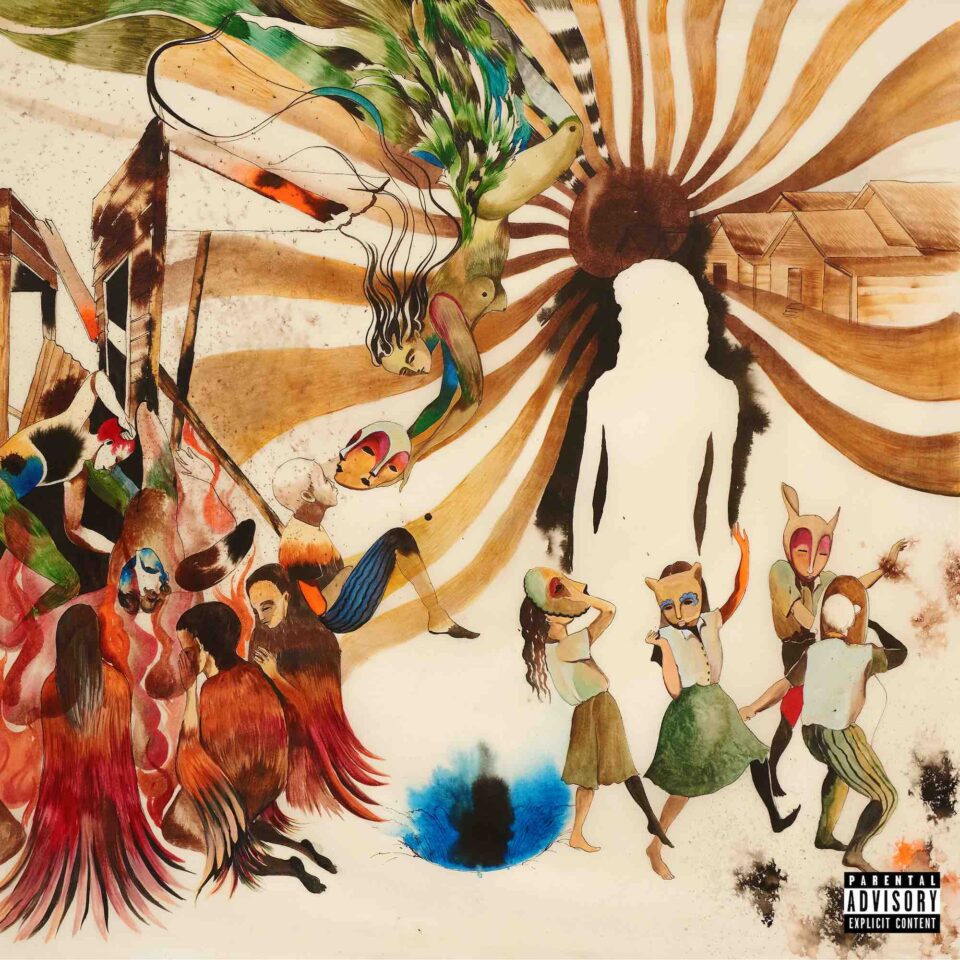
JID, God Does Like Ugly
After 15 years of writing and developing verses, the Dreamville rapper has become a master of the form on his fourth album as he finds resolution and comes to recognize his purpose.
Sean Fennell
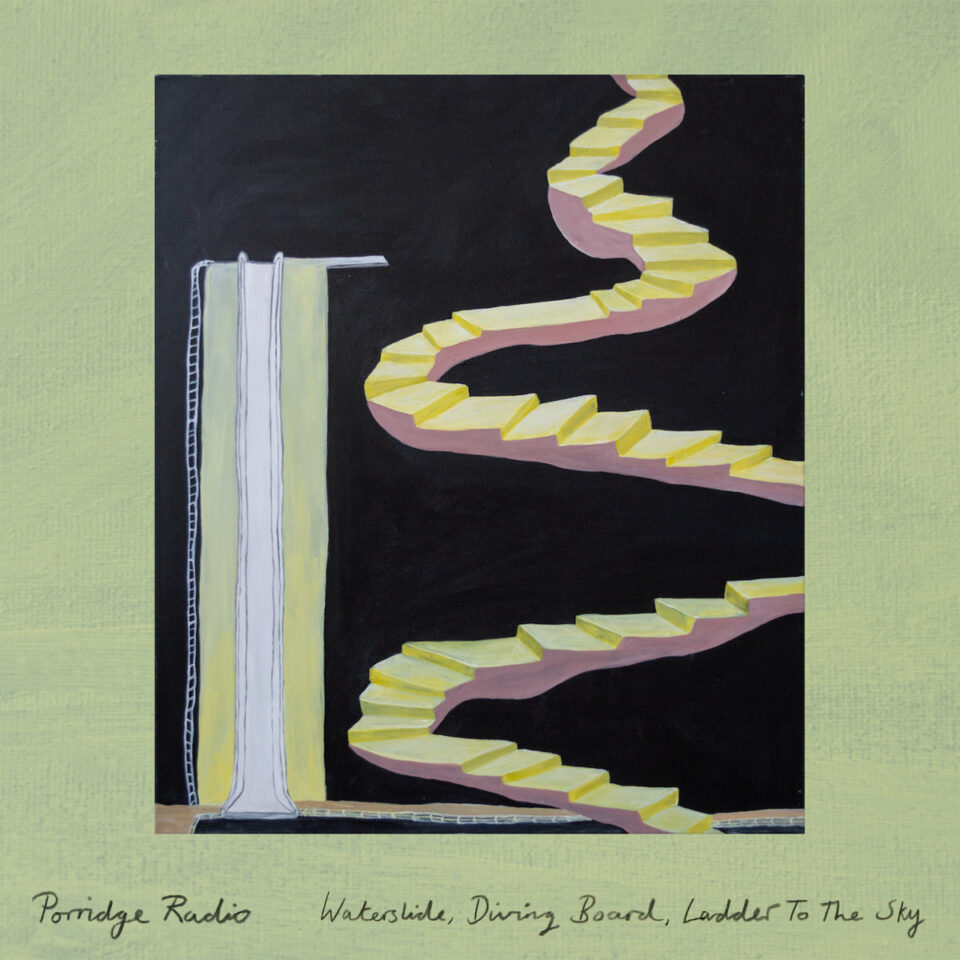
Tempering hope but resisting despair, the Brighton quartet’s second album sounds far more nuanced and organic without losing any of the urgency.
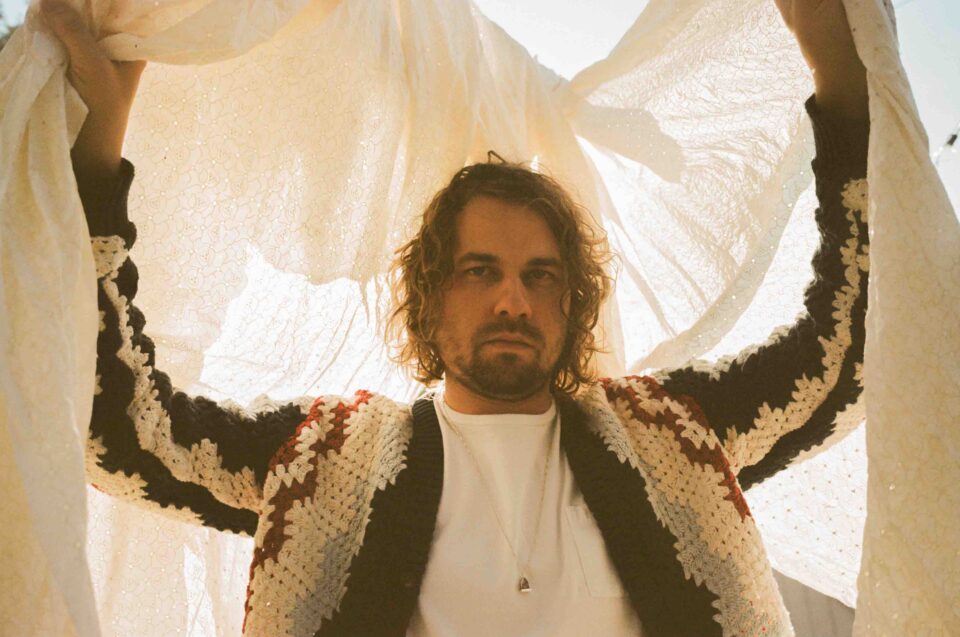
We talked to Morby about his latest solo album, recording in Memphis, and the mysteries of photography.
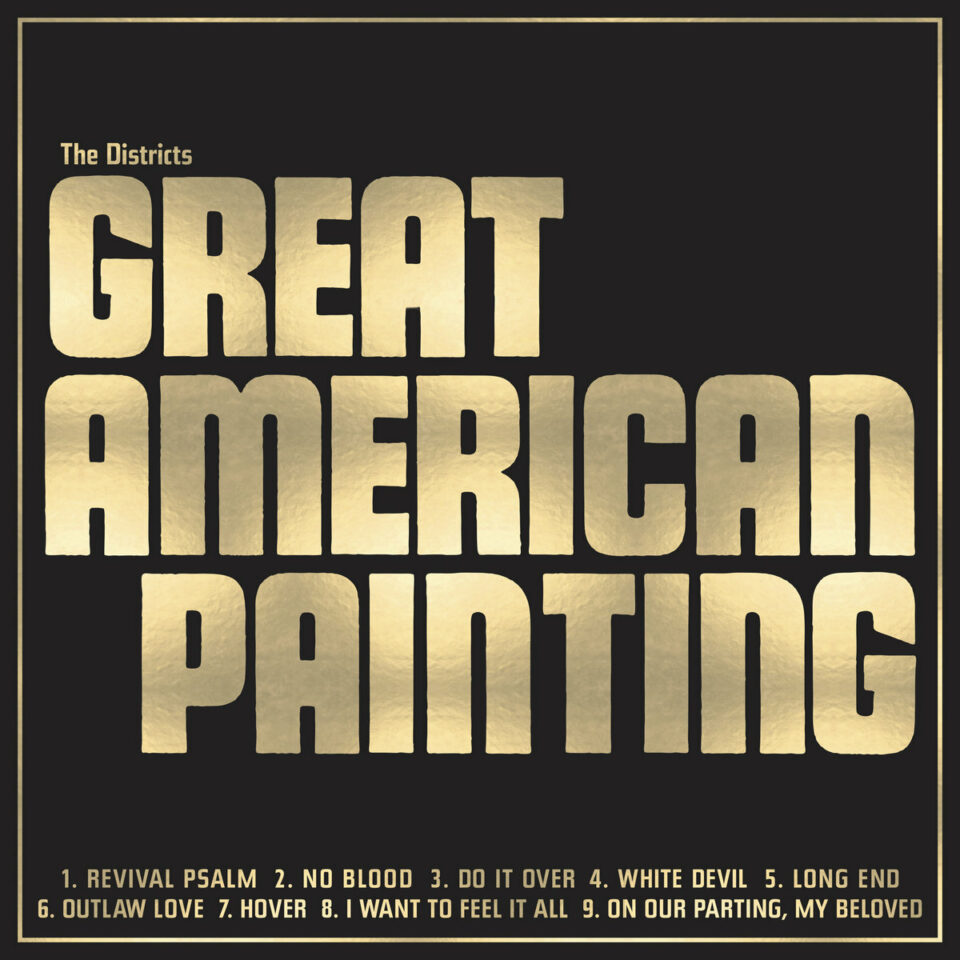
The latest from the Philly-based group is an album rife with strength and conviction even in its most vulnerable and honest moments.
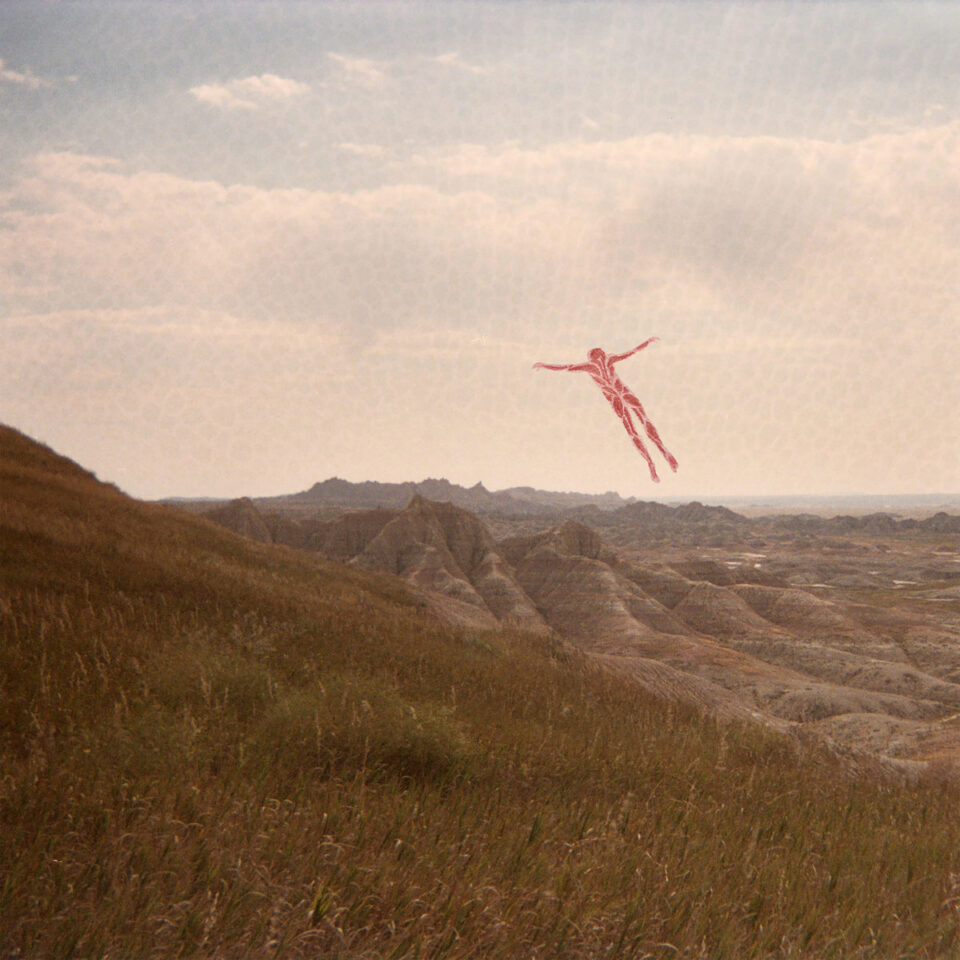
Like a math-rock inspired Beach House, the Seattle-based group create a vibe so pervasive it transcends vibes-inherent triviality.
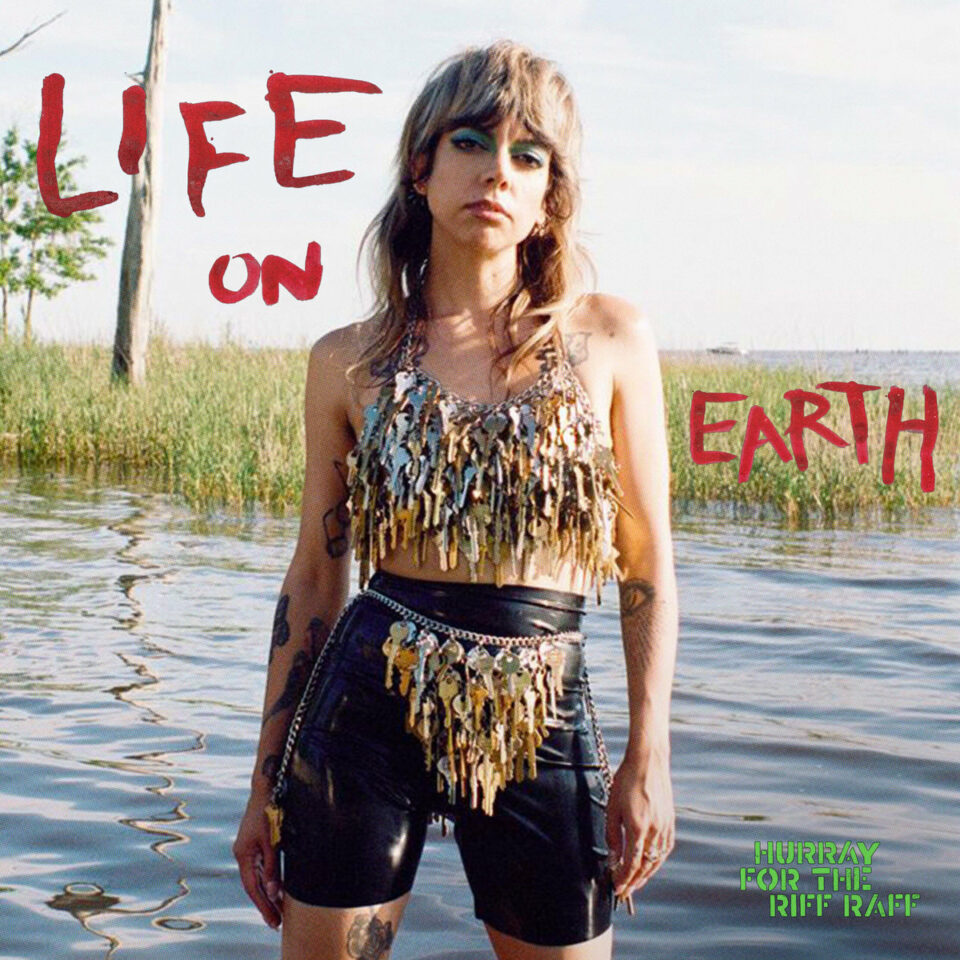
Alynda Segarra expands in seemingly every direction at once on Life on Earth, working in the new while retaining the old.
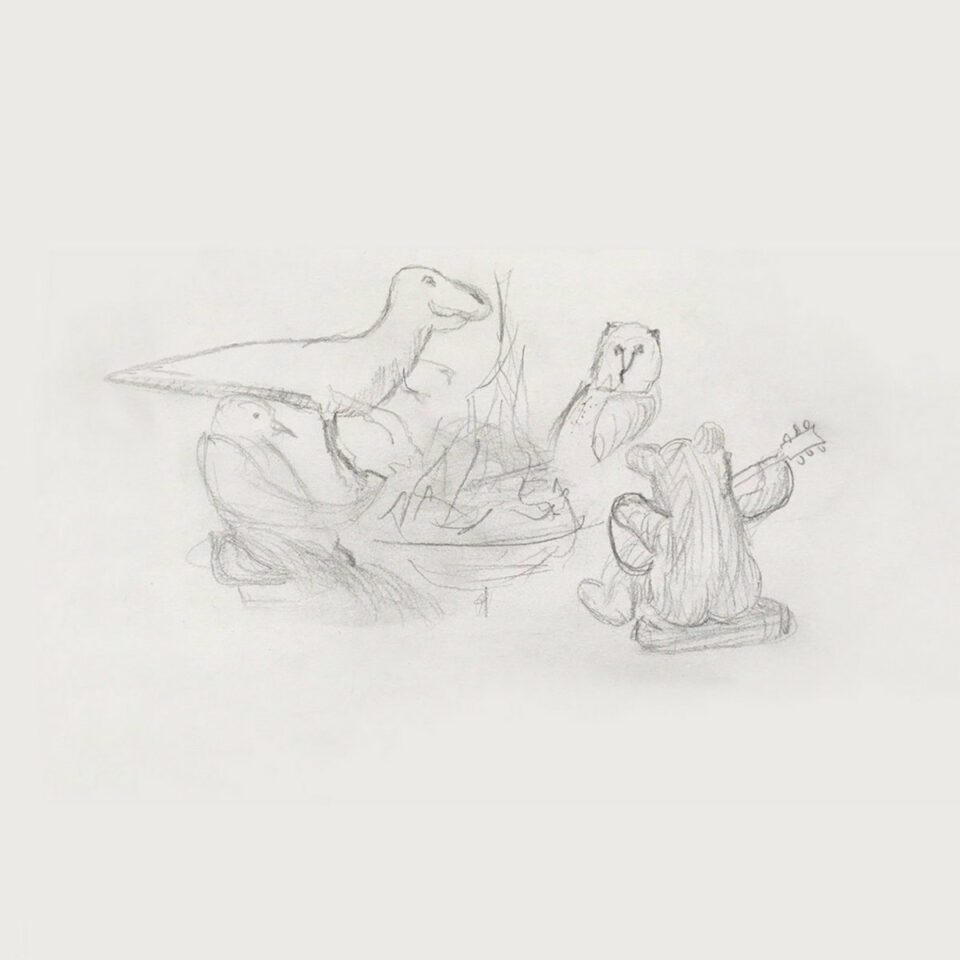
The ambitious folk-rock group achieves a fully-assured sound at an epic scale by letting Adrianne Lenker’s songwriting talent flow unrestrained.
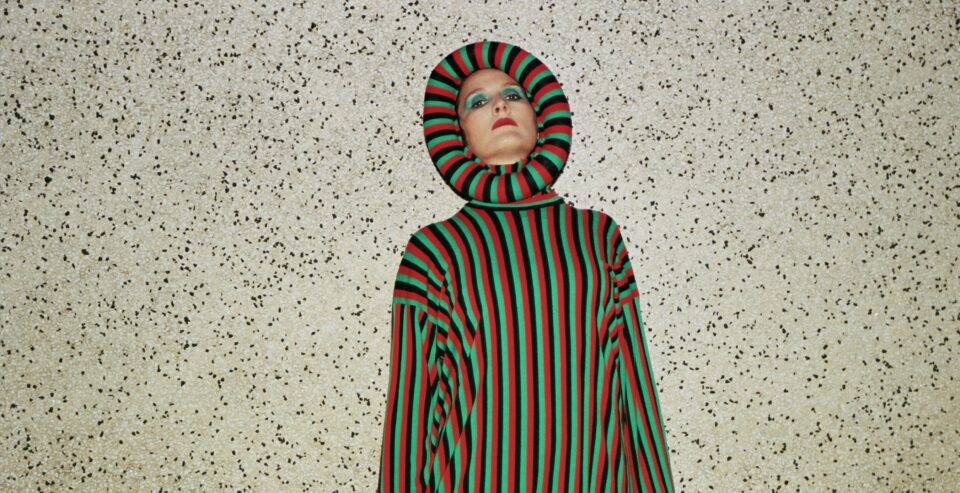
Autosave-File vom d-lab2/3 der AgfaPhoto GmbH
The Welsh songwriter details the process of putting together her sixth album, which arrives this week.
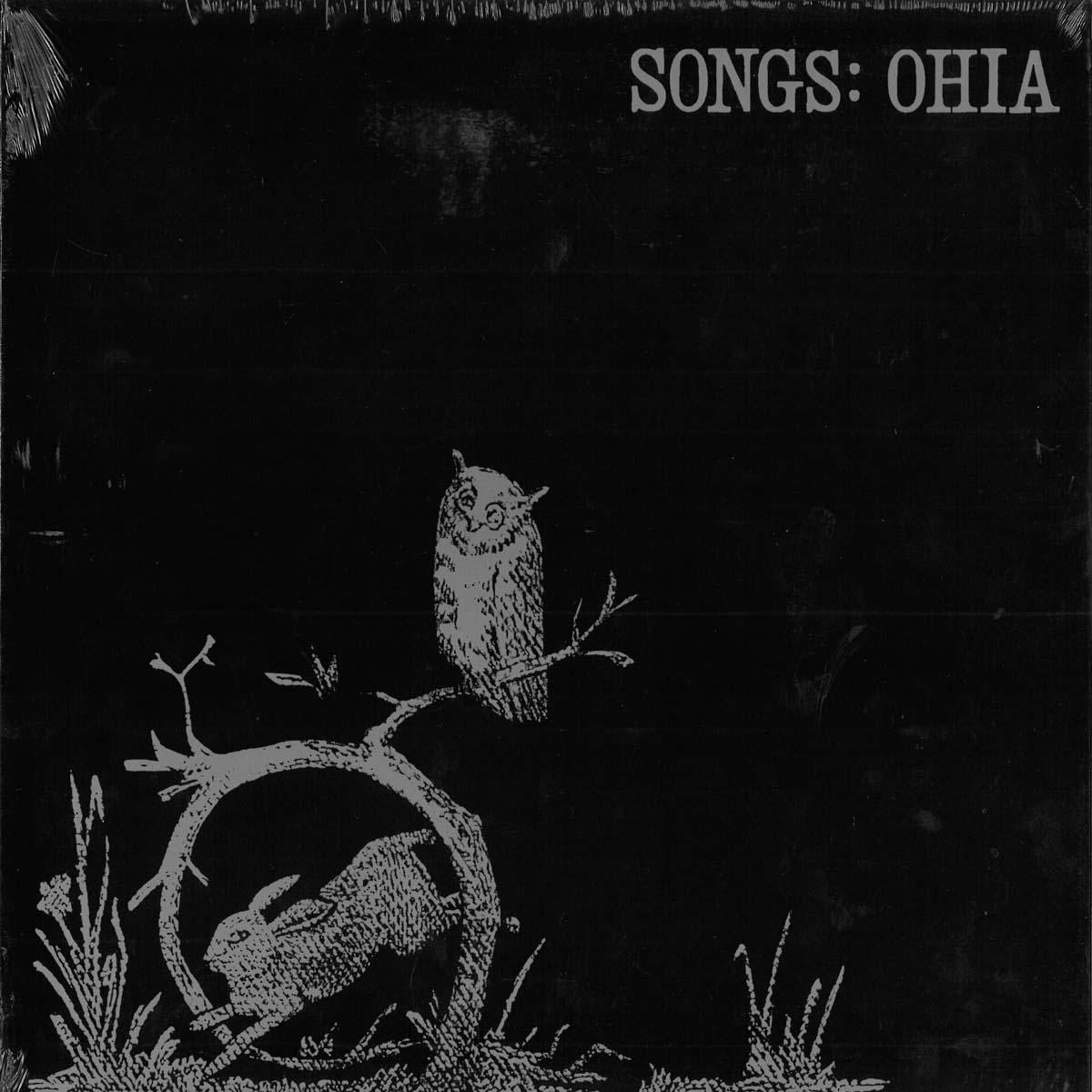
This is Jason Molina at his most uncut and unadorned, less an album than a found-audio recording.
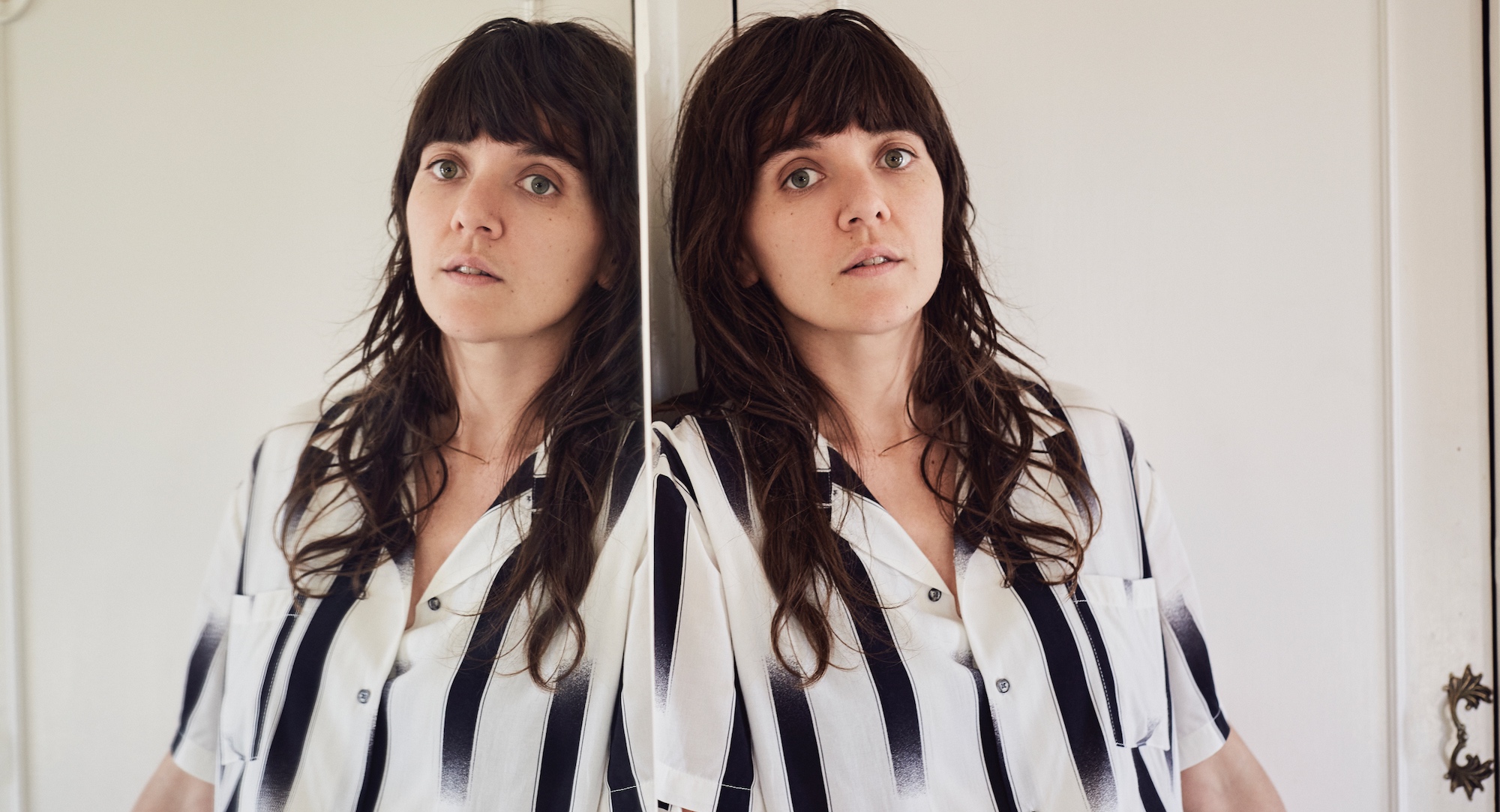
The Australian songwriter discusses covering new ground while remaining entirely singular on her third solo album.
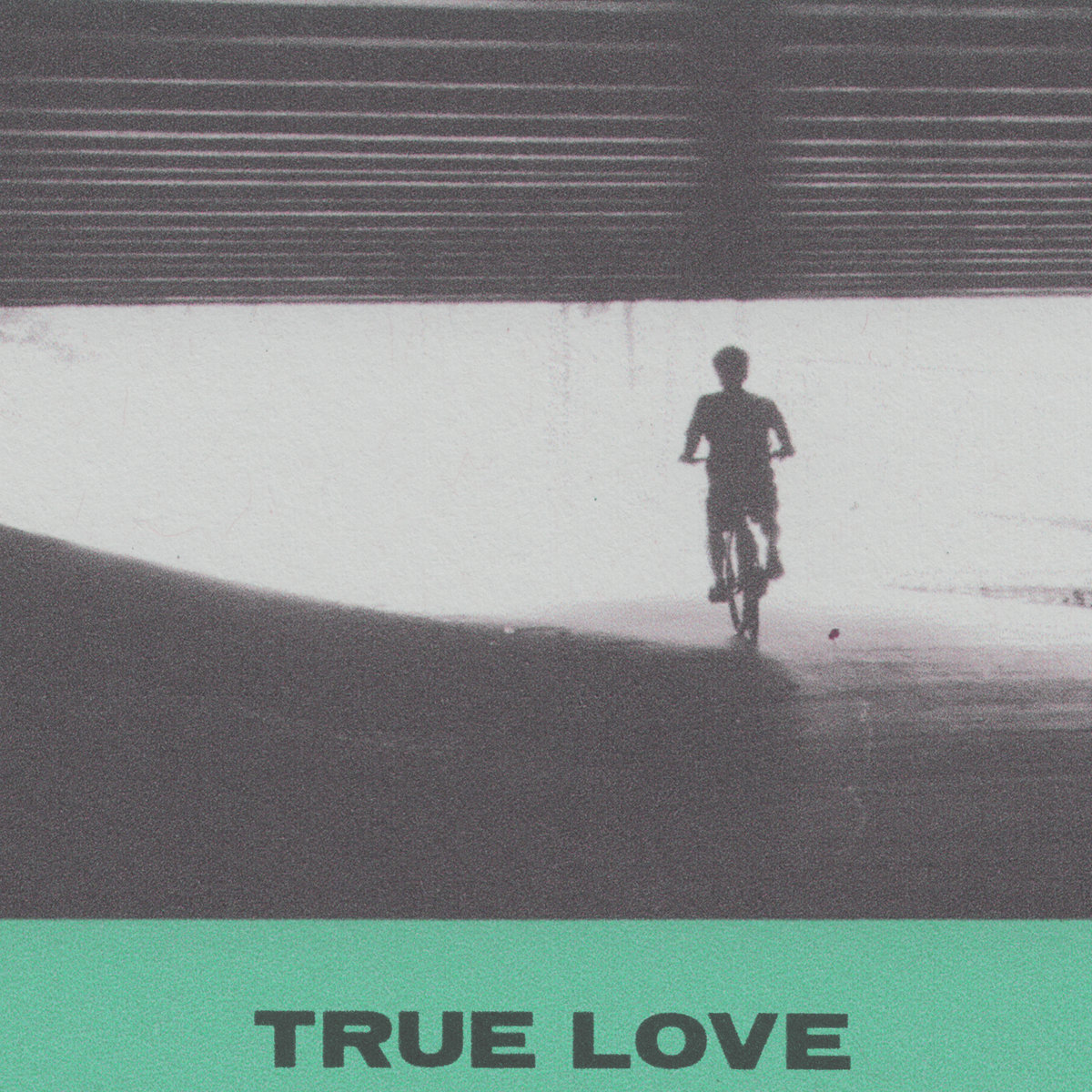
Their latest LP finds the duo peeling back the layers of their previous work until they arrive at the essential center.
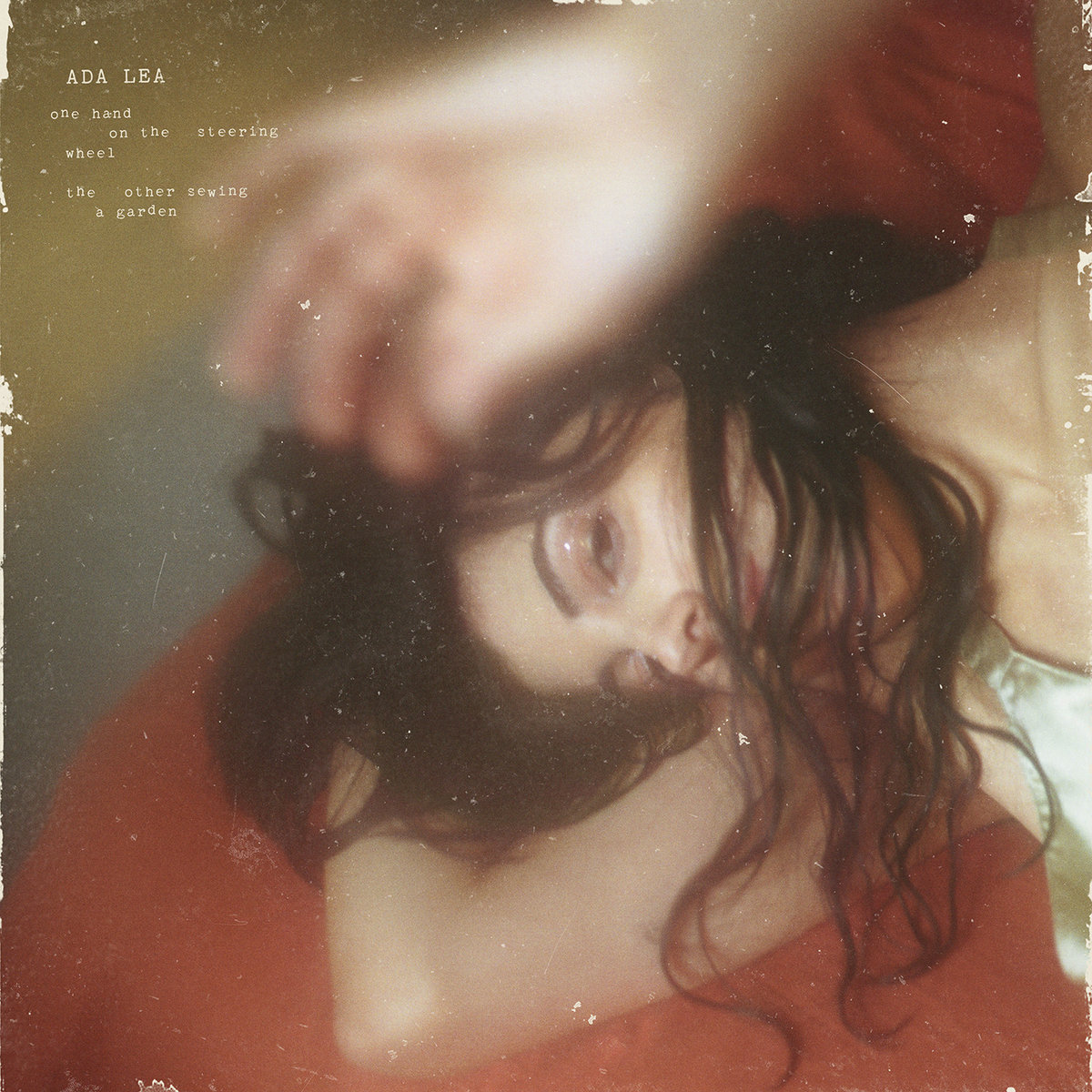
Lea gives each song its own sonic identity, taking what could become monotony and creating anything but.
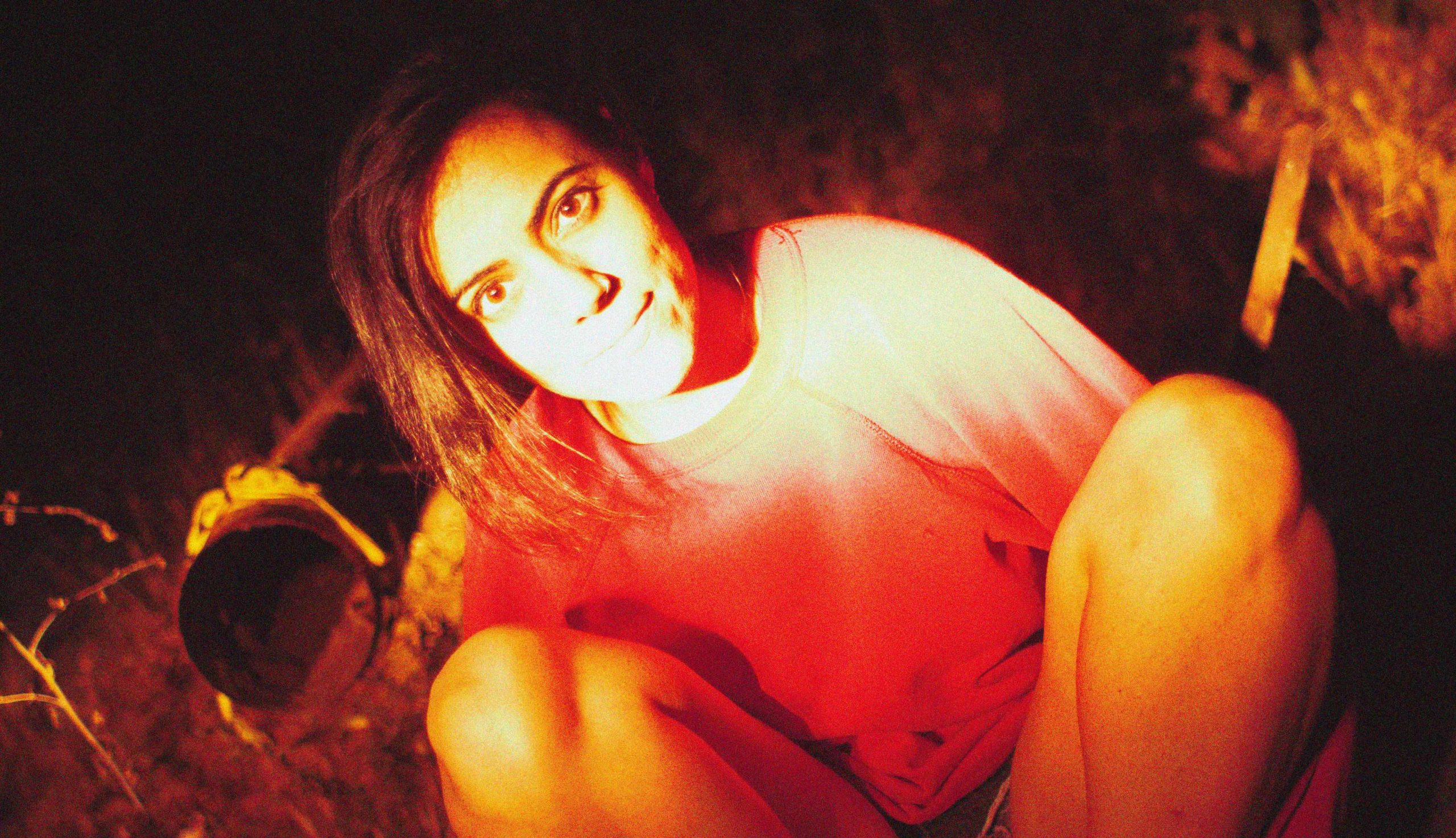
The LA-based songwriter discusses brevity, tenderpunk, and her new label home.
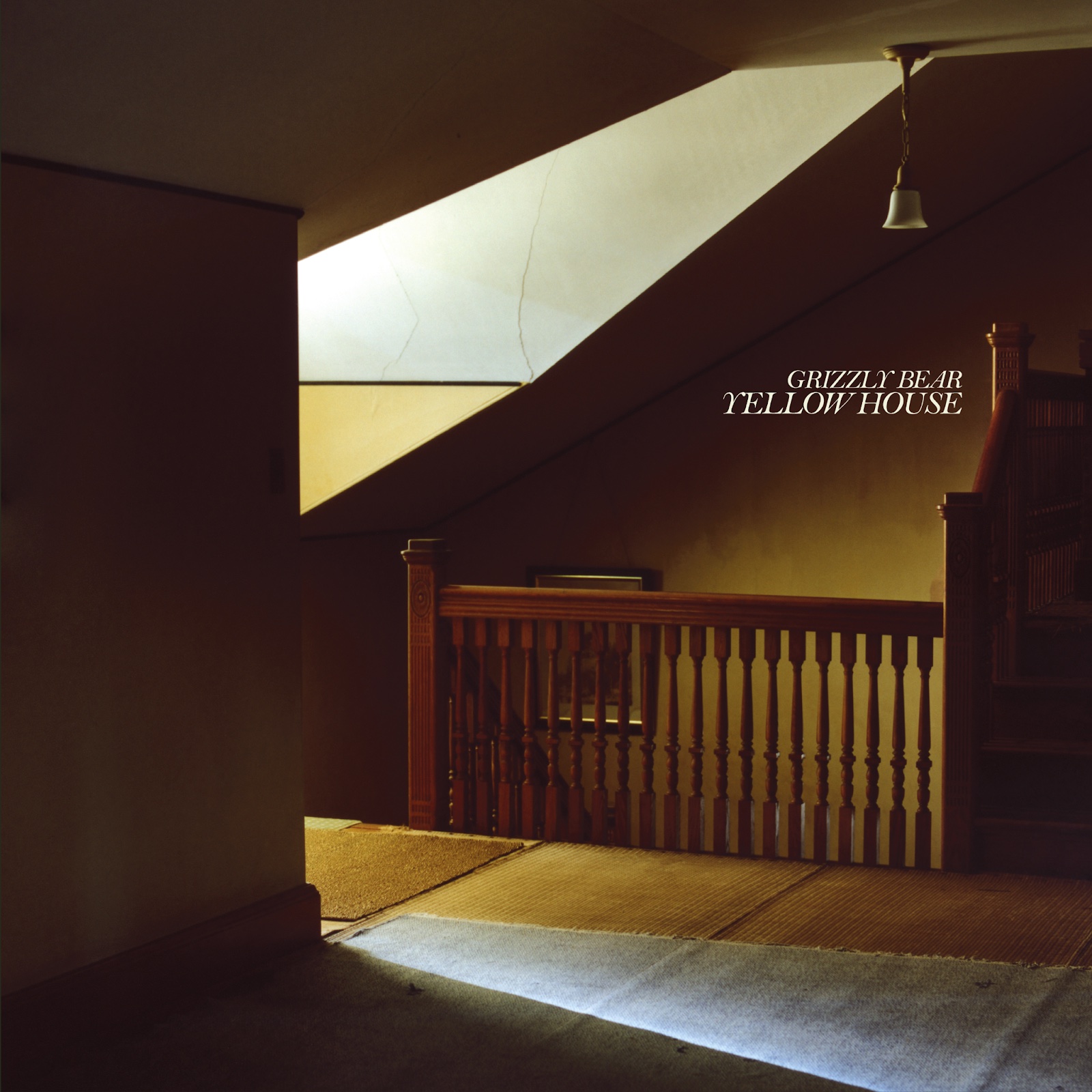
The 2006 LP gives us a snapshot of a band working through the kinks, establishing a framework for an impressive future catalogue.
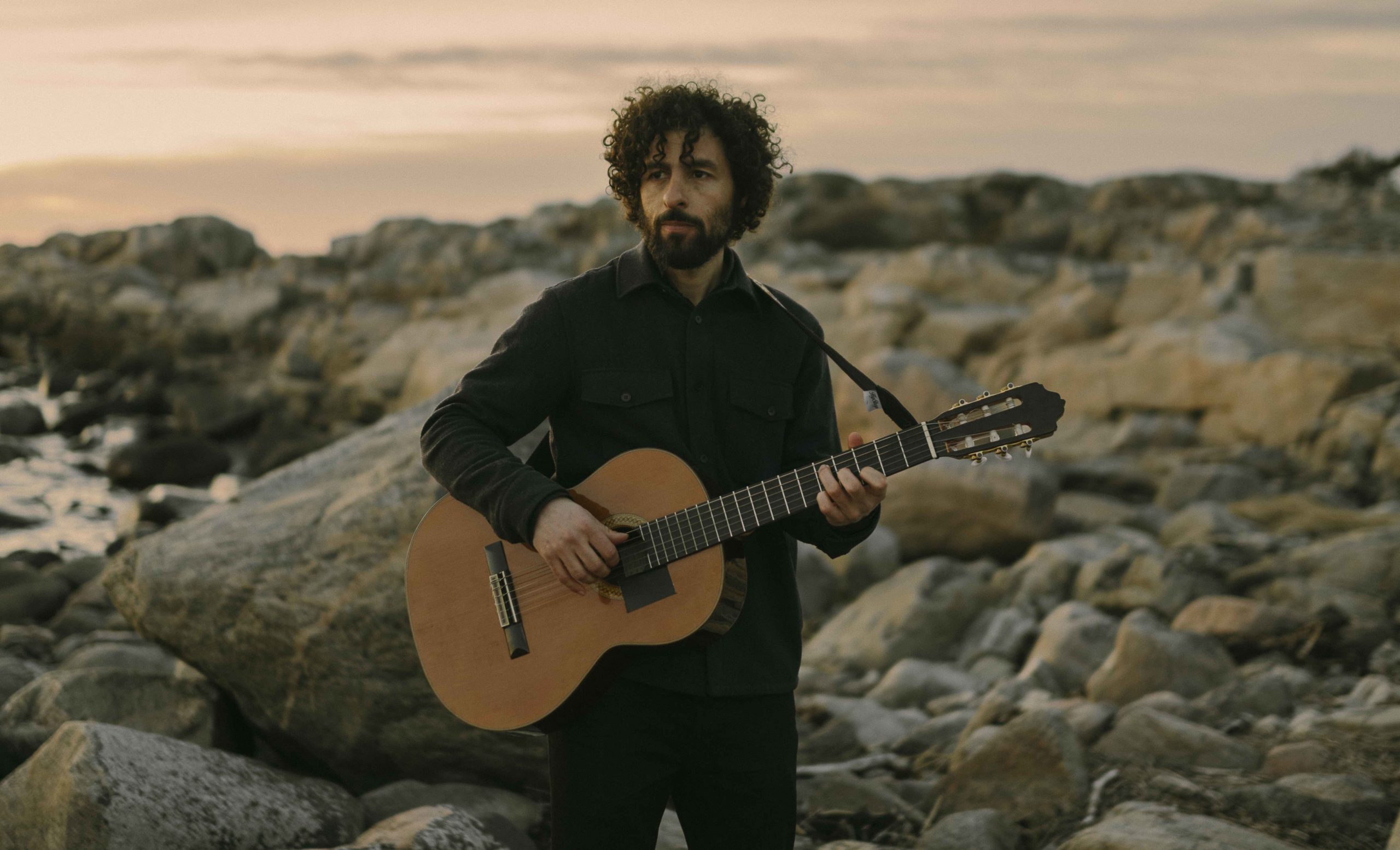
The Swedish-Argentinean songwriter’s fourth album removes the veneer, contemplates the contradictions in our nature, and embraces all our messiest vestiges and claws.
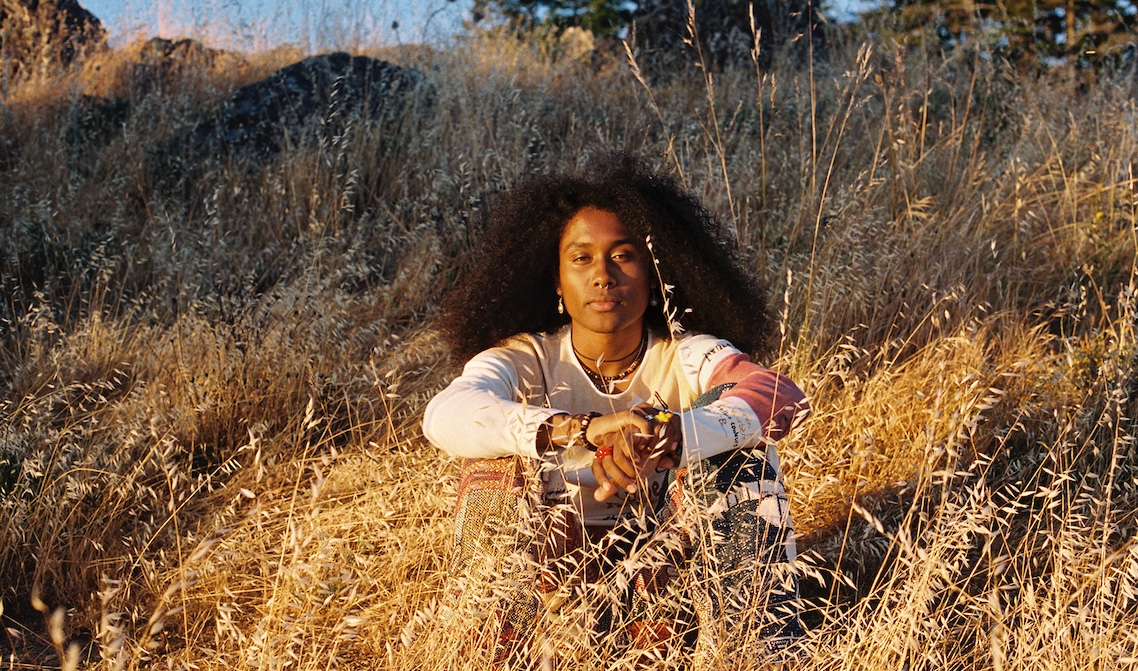
Aryeh discusses the overnight success of “Stella Brown,” how the track shaped his vision for the new album, and the ways in which he creates his own scene.
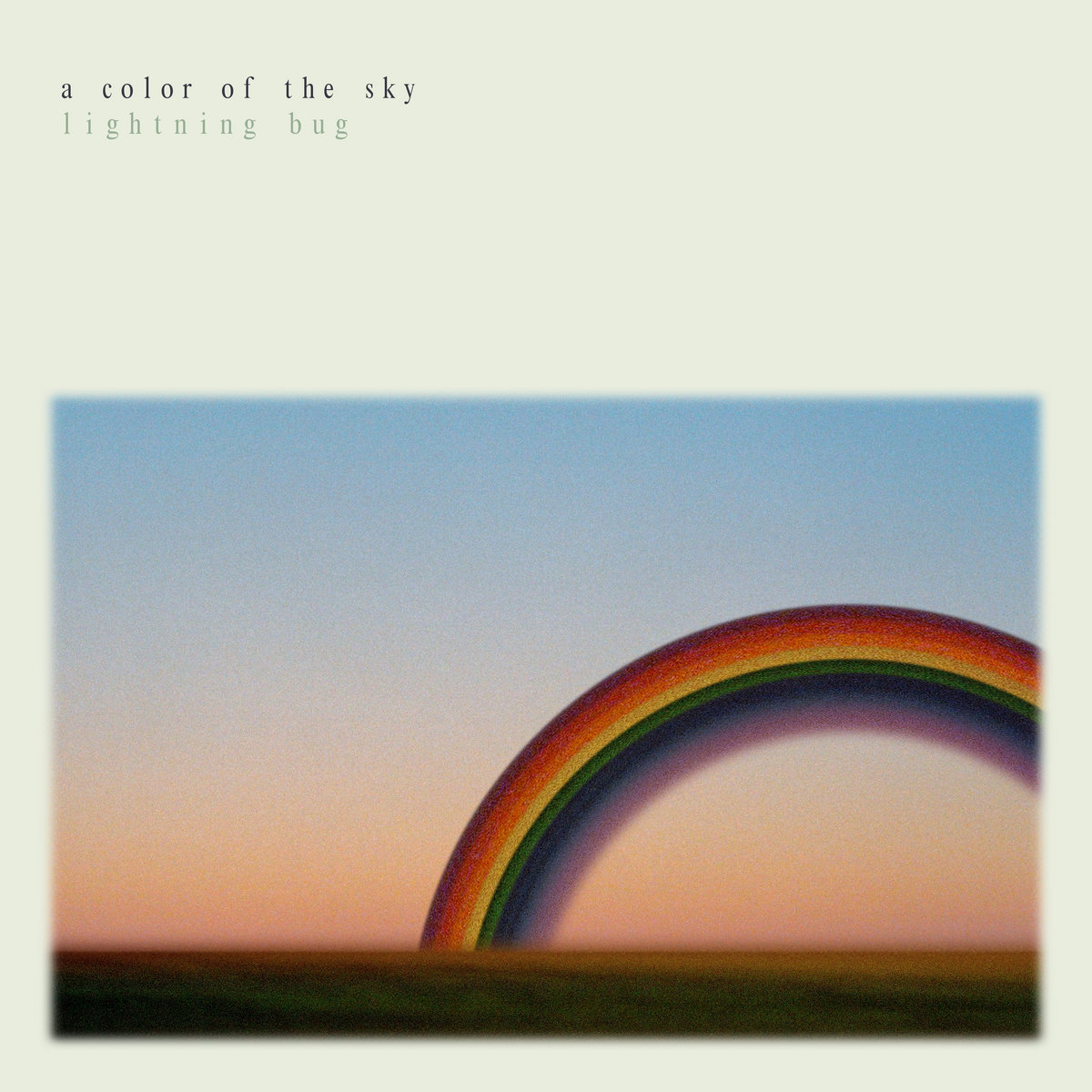
The dream pop group’s third album finds beauty in quiet and noise, the natural and the otherworldly, change and acceptance.
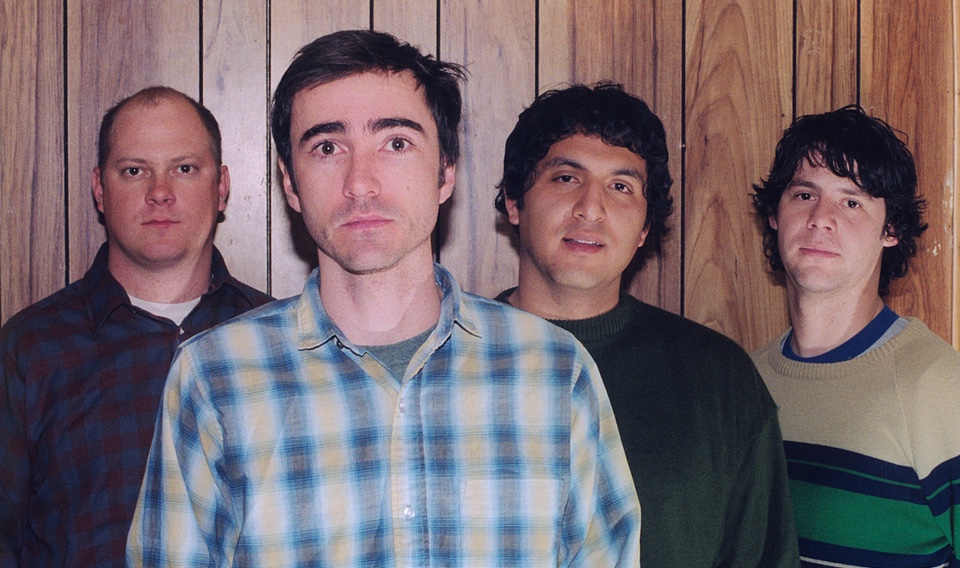
Revisiting one of the most unlikely hit records of the early 2000s.
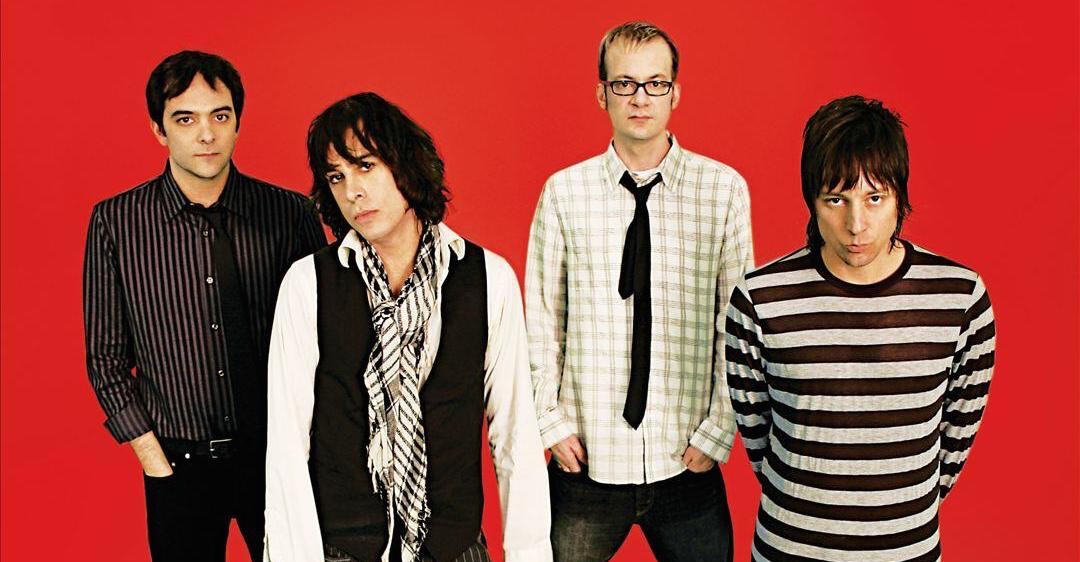
With 2003’s “Stacy’s Mom”–toting LP getting a Real Gone Music reissue, we revisit the power-pop group’s uncool and understated third release.
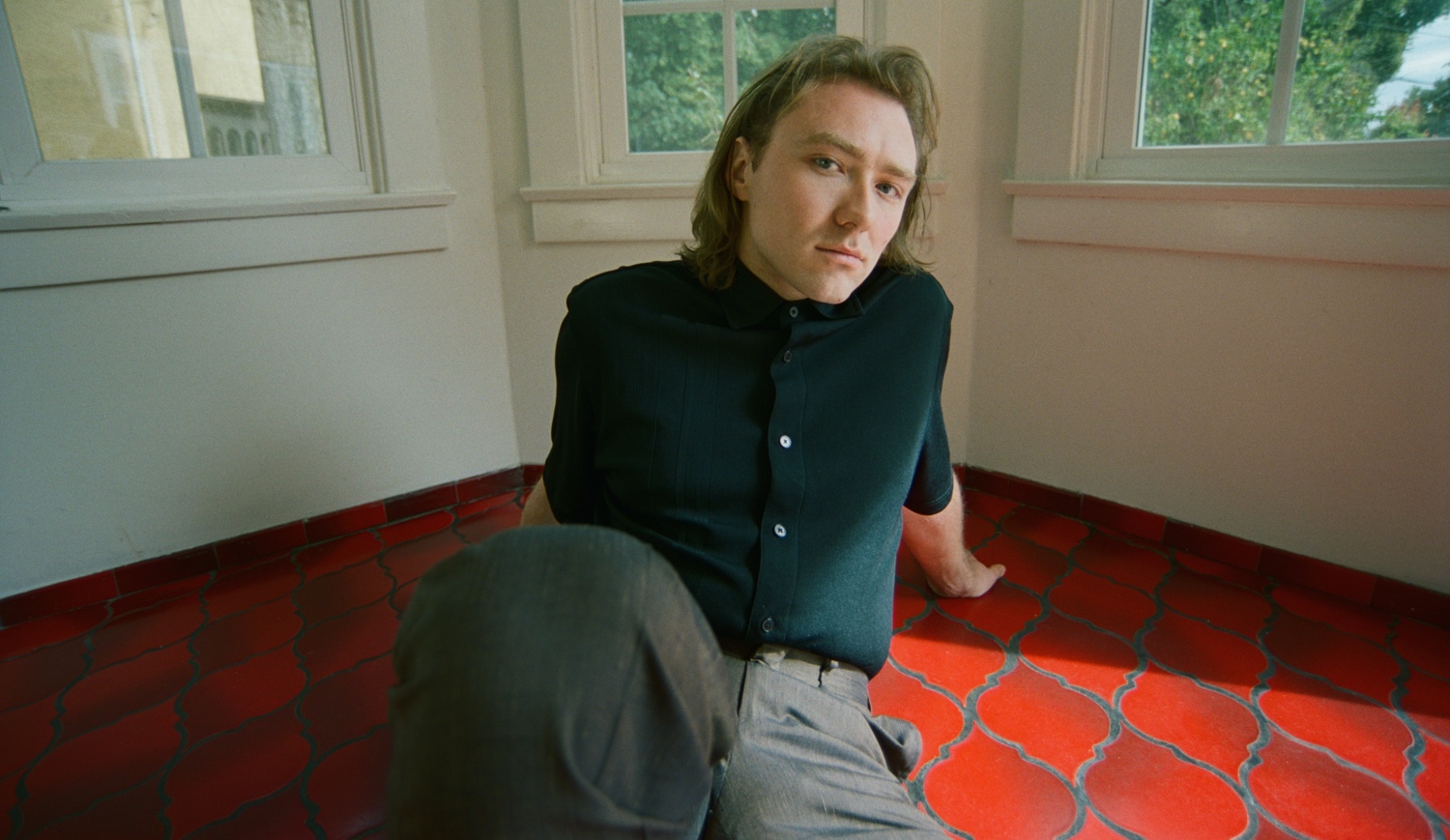
Rattigan discusses his most collaborative solo album yet, as well as the catharsis of defeating his own personal Pennywise the Clown.
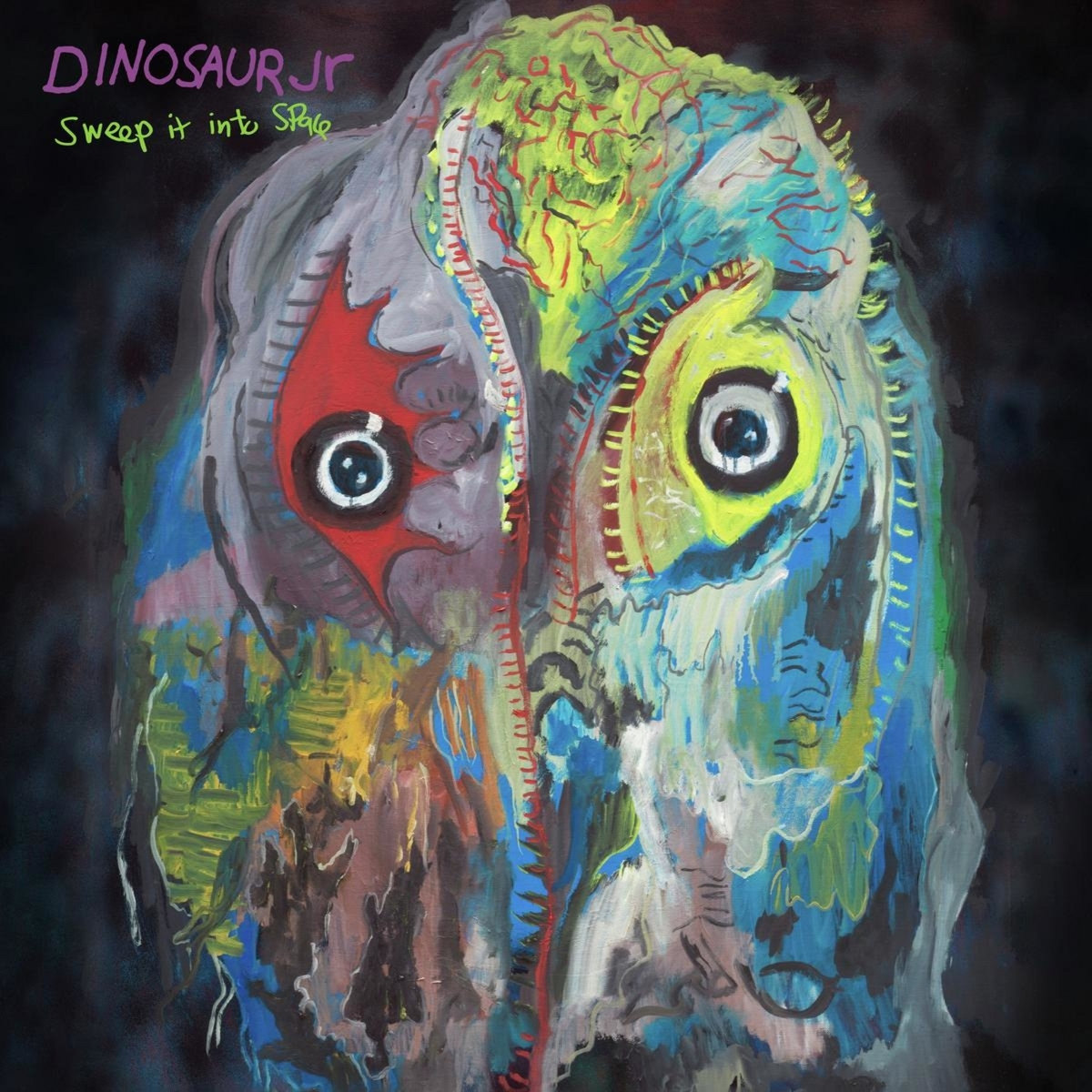
Their 12th record tries to reach a singular vision, but it’s hard not to hear the many voices attempting to roar as one.

